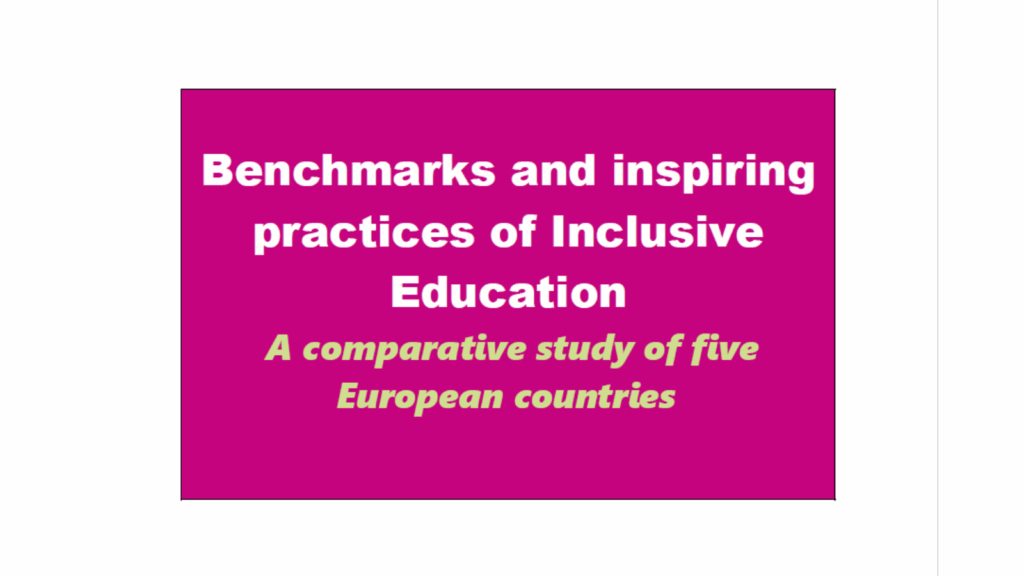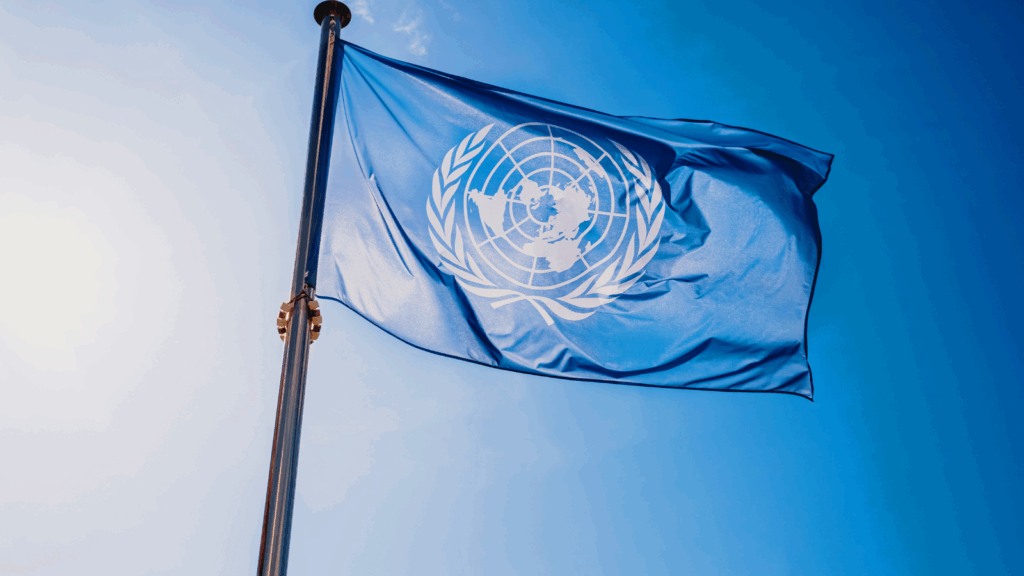While the health crisis and confinement have worsened the living conditions of children with disabilities and their family caregivers, causing fatigue, isolation, weariness… their struggle continues.
Once again, this year, many students with disabilities will not have a schooling solution adapted to their needs and expectations for the next school year, prolonging a confinement imposed for years. To break the silence surrounding this scandal, Unapei and its partners are obliged – for the second consecutive year – to reactivate the citizen mobilization #NoSchoolForMe (#jaipasecole), with a clear ambition: to reveal the real situations of families and denounce the non-effectiveness of the right to education. The dedicated website www.marentree.org is online so that parents, children and all educational professionals can make known the harsh reality of the school career.
Education is a fundamental right but isn’t a reality for all. However, the International Convention on the Rights of the Child, like many international texts, unequivocally affirms it: every child, on the basis of equal opportunity, has the right to education.
As a human right, its effectiveness is indispensable for the exercise of other fundamental rights. Being able to access education from an early age allows emancipation, recognition, to choose one’s future profession and makes it possible to alleviate or even break with social exclusion.
In addition to the international texts ratified by France, the French legal framework recognizes the right of every child to education, in particular through the implementation of measures to facilitate access to ordinary education and to a continuous and appropriate school and educational programme.
France also ratified in 2010 the International Convention on the Rights of Persons with Disabilities (CRPD). In 2020, the Committee on rights of Persons with Disabilities was supposed to examine France’s application of the CRPD but because of the corona virus crisis, the examination is postponed sine die.
Article 24 of the CRPD clearly recognize the right of persons with disabilities to education.
The French Ombudsman in his report regarding the application of the CRPD by France dedicated an analysis of the education systems for children and adolescents with disabilities.
The report says that “schooling is carried out largely thanks to human support, which concerns nearly three-quarters of primary school pupils and more than 40% of secondary school pupils. This observation is worrying because the principle of inclusive schooling also requires schools to adapt (teacher training, adaptation of schooling, etc.), and human support should not be the only response to the inclusion of pupils with disabilities. Despite this constant progress, many of the situations dealt with by the Ombudsman reveal a lack of response to the support needs of students with disabilities in ordinary schools, due to the lack of support staff, which in some cases seriously compromises the continuation of their schooling. The Defender of Rights thus notes recurring difficulties, at the beginning of each school year, in recruiting qualified personnel for positions considered unattractive (part-time work, level of remuneration, etc.)”.
The problematic of lack of human support and part time schooling solution is something that is highlighted in the platform testimonies.
This year, the campaign #NoSchoolForMe received the support of European Networks like COFACE Families Europe but also Autism Europe, EASPD European Association of services providers for persons with disabilities, and Inclusion Europe.
Because France is no exception, and this reality of exclusion of children and adolescents with disabilities is observed in most European countries, the mobilization at European level is very important.
This campaign, and many advocacy projects carried out in several countries, confirms that the civil society will not accept to hear again “Each Year is the same” and that we will fight until the fundamental right to education becomes a reality for every child and not just words.
The start of the next school year is therefore a pivotal moment for our action. The testimonies collected on marentree.org will be a powerful means to reveal the shortcomings of our countries.
Reveal the situation and testify on marentree.org !
———————————————————————————————————————————
**DISCLAIMER: All opinions in this article reflect the views of the author, not of COFACE Families Europe**
About the author:
Clara Alibert is Advocacy Officer at Unapei, working on human rights and non-discrimination in France and Europe. Graduated in Public International Law and European Affairs. Bar admission qualification in Spain.





